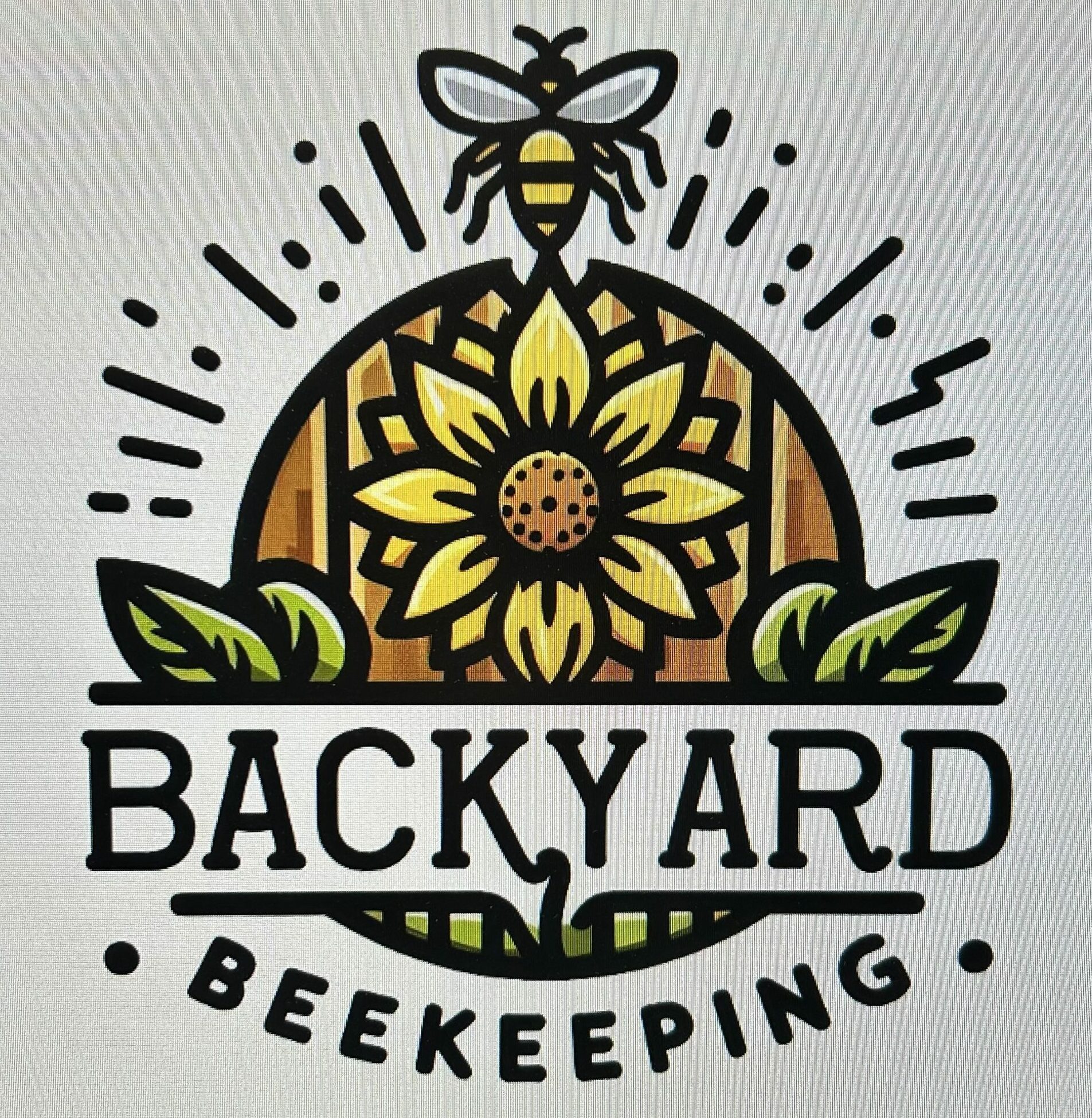Bee Propolis: The Marvel of the Hive – Its Creation, Use, and Astonishing Medicinal Benefits
- Introduction to Bee Propolis and Its Importance for Bees and Humans
- The Extraordinary Process of Propolis Creation: How Bees Make It
- How Bees Use Propolis Within the Hive and Its Significance for Colony Health
- Propolis and Human Health: From Ancient Remedies to Modern Medicine
- Scientific Evidence Supporting the Medicinal Benefits of Propolis
- Common Uses of Propolis for Humans: From Supplements to Skincare
- Safety and Allergy Considerations When Using Propolis
- Conclusion: The Future of Propolis in Medicine and Everyday Health.
Bee Propolis: How It’s Made, Used by Bees, and Its Medicinal Benefits
1. How Propolis Is Made
Propolis, often called “bee glue,” is a sticky, resinous substance that honeybees produce from tree sap, particularly from poplar and conifer trees. To create propolis, bees collect sap and mix it with beeswax and enzymes from their saliva. The resulting substance is highly sticky and varies in color from brown to green or reddish, depending on the trees in the bees’ environment.
2. How Bees Use Propolis
Bees use propolis within the hive for several purposes:
- Hive Sealant: Bees use propolis to seal small cracks and gaps in the hive, which helps regulate airflow and temperature, preventing drafts that could affect the hive’s environment.
- Antimicrobial Defense: Propolis has strong antimicrobial properties, and bees use it to protect the hive from pathogens and bacteria. It helps sterilize the hive, contributing to colony health.
- Structural Strength: Propolis reinforces the hive’s structural integrity, stabilizing combs and strengthening areas that need extra support.
- Entrapment of Intruders: If an intruder, like a mouse, enters the hive and dies, bees will encase it in propolis. This prevents decomposition and the spread of bacteria or disease within the hive.
3. Medicinal Uses of Propolis for Humans
Propolis has been used for centuries in traditional medicine, and recent research supports its health benefits due to its antimicrobial, anti-inflammatory, and antioxidant properties.
- Wound Healing: Propolis has been shown to promote the healing of wounds, burns, and other skin conditions by encouraging tissue regeneration and reducing inflammation.
- Oral Health: Propolis is often used in mouthwashes and toothpaste due to its antibacterial properties. It helps reduce plaque formation, treat gingivitis, and combat oral infections like cold sores.
- Boosting Immunity: Some studies suggest that propolis can boost the immune system, helping to fight off infections, colds, and flu.
- Antifungal and Antiviral Uses: Propolis is sometimes used to treat fungal infections like candida, and studies have shown it has potential antiviral effects against herpes simplex virus and other viral infections.
- Anti-inflammatory Effects: Its anti-inflammatory properties make propolis beneficial for treating conditions such as sore throats, ulcers, and other inflammatory disorders.
- Cancer Research: Some studies indicate that propolis may have anti-cancer properties, helping to inhibit tumor growth and promote apoptosis (programmed cell death) in cancer cells, though more research is needed in this area.
4. Forms of Propolis for Human Use
Propolis is available in various forms, such as tinctures, extracts, creams, and capsules, depending on the intended use. It is widely used in skincare products, health supplements, and natural remedies due to its versatile health benefits.
Conclusion
Propolis plays a vital role in the health and functioning of bee colonies, serving as a natural sealant, antimicrobial agent, and protective material. For humans, propolis offers a range of medicinal uses, particularly in wound healing, oral health, and immune support. With its potent bioactive compounds, propolis continues to be a valuable substance for both bees and people.
Sources:
- National Institutes of Health (NIH)
- Journal of Ethnopharmacology
- Bee Culture Magazine
If you would like to receive the monthly newsletter from Beewhisperer360 drop your email address in the comments section.
